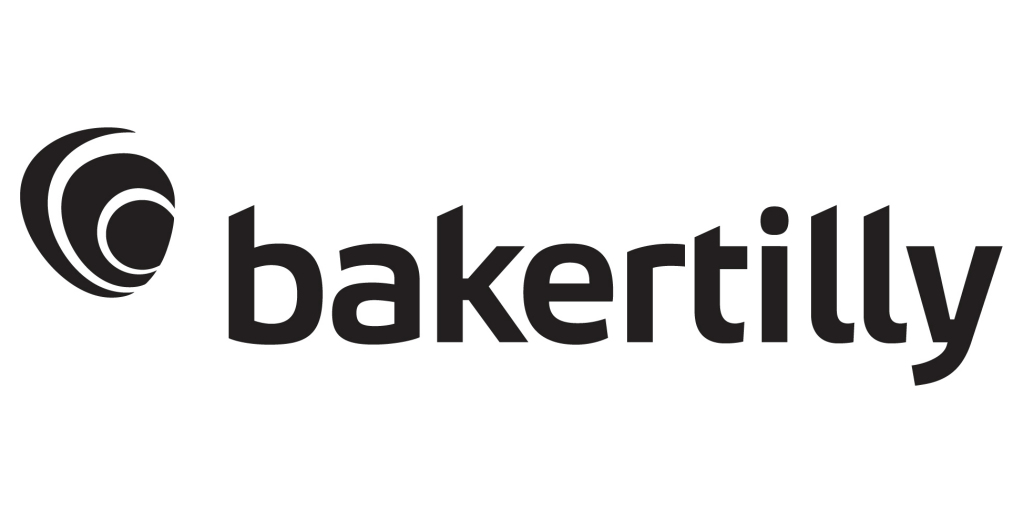Harnessing Agentic AI To Transform Business Process Optimization
Authored by: Baker Tilly’s David Hickey and Bashar Elayyan
The need for agility, efficiency and value delivery is more critical than ever for organizations to stay competitive in today’s business landscape. At the heart of this challenge lies business process optimization — the careful design and refinement of workflows to maximize productivity, minimize waste and drive impactful outcomes.
Emerging as a powerful enabler of this transformation is agentic AI, a next-generation artificial intelligence (AI) approach that autonomously navigates complex tasks, learns from data and dynamically pursues goals without constant human direction.
What is business process optimization?
A business process is a structured sequence of activities designed to achieve specific objectives by synchronizing people, procedures, tools and methods. Process optimization involves fine-tuning this orchestration to eliminate inefficiencies, reduce redundancies and accelerate delivery — all while preserving the quality and integrity of the output. The goal is to achieve business objectives with maximum velocity, throughput and cost-effectiveness.
Agentic AI: Revolutionizing process optimization
Unlike traditional automation that performs predefined, agentic AI operates with flexibility, autonomy and intelligence. It makes independent decisions, adapts to shifting priorities and actively pursues objectives without waiting for human input. This capability unlocks new dimensions of process optimization, enabling businesses to scale operations, enhance accuracy and reduce operational costs while driving continuous improvement.
A practical example of agentic AI is virtual assistants in customer service that autonomously resolve inquiries, escalate issues as needed and update records with minimal human intervention. These AI agents learn from interactions, improve over time and integrate seamlessly with business systems, allowing organizations to deliver faster and more personalized customer experiences.
How does agentic AI differ from traditional automation?
Key characteristics that differentiate agentic AI include:
- Flexibility: It can adjust to new information, shifting goals and evolving business environments.
- Autonomy: It initiates actions and decisions independently, rather than following fixed instructions.
- Self-reasoning: It analyzes data contextually to determine the best path forward.
- Ecosystem integration: It connects dynamically with external systems by integration with traditional robotic process automation (RPA) bots, extending its capabilities across organizational boundaries.
These traits allow agentic AI to tackle complex processes that traditional automation cannot efficiently handle, enabling intelligent, adaptive workflows that continuously optimize themselves.
Processes best suited for agentic AI optimization
Processes involving complex decision trees, high volumes of data and repetitive yet nuanced tasks benefit most from agentic AI. Common examples include:
- Customer service: Responding to inquiries by analyzing extensive data sets, providing accurate answers and routing complex issues.
- Back-office operations: Automating data validation, reconciliation and reporting to reduce errors and improve turnaround.
- Supply chain management: Adapting procurement, logistics and inventory decisions dynamically based on real-time data and market shifts.
By accelerating and scaling these processes, organizations free their workforce to focus on strategic initiatives, innovation and customer engagement.
Challenges to anticipate when implementing agentic AI
Integrating agentic AI into existing operations is not without challenges:
- Data quality and governance: High-quality, domain-specific data is crucial. Poor data leads to unreliable AI outputs.
- Model reasoning and insight: Ensuring the AI models are trained on high-quality, realistic data to make reliable decisions.
- Security and privacy risks: Increased system connectivity expands attack surfaces, requiring robust security controls.
- Ethical and regulatory considerations: Autonomous AI decision-making necessitates strict guardrails to prevent compliance violations and protect sensitive information.
- Change management and user adoption: Employees and customers must adapt to new workflows and roles, often involving a cultural shift toward trusting AI-driven processes.
Practical steps for embracing agentic AI
To successfully harness agentic AI, organizations should consider these foundational steps:
- Identify purposeful use cases: Focus on processes where AI’s autonomous capabilities offer the highest return on investment.
- Develop a data-first strategy: Prioritize data quality, governance and accessibility to fuel AI learning and accuracy.
- Maintain human oversight: Establish clear guardrails with human supervision to monitor AI performance and intervene when necessary.
- Modernize IT infrastructure: Invest in scalable, secure integrations to enable smooth data flow and AI interaction.
- Enhance security frameworks: Protect data privacy, ensure compliance and safeguard intellectual property in AI ecosystems.
- Drive organizational readiness: Implement comprehensive change management programs to prepare employees and customers for AI-powered transformation.
How we can help
At Baker Tilly, we help organizations navigate the complexities of integrating agentic AI into their business operations. Our team works with you to identify the right, fit-for-purpose use cases and design and build agentic workers that balance AI autonomy with proper governance. We help lay the foundation for success with a strong data strategy, ensuring your systems deliver meaningful and accurate outcomes.
We also support organizational readiness, from integrating with legacy systems to safeguarding against security and compliance risks. Just as important, we help your teams and customers prepare for change through thoughtful change management strategies that build confidence and adoption.
Whether you're just beginning your AI journey or scaling an existing initiative, we’re here to help you unlock real, sustainable value with agentic AI.
Connect with a Baker Tilly specialist to learn more

